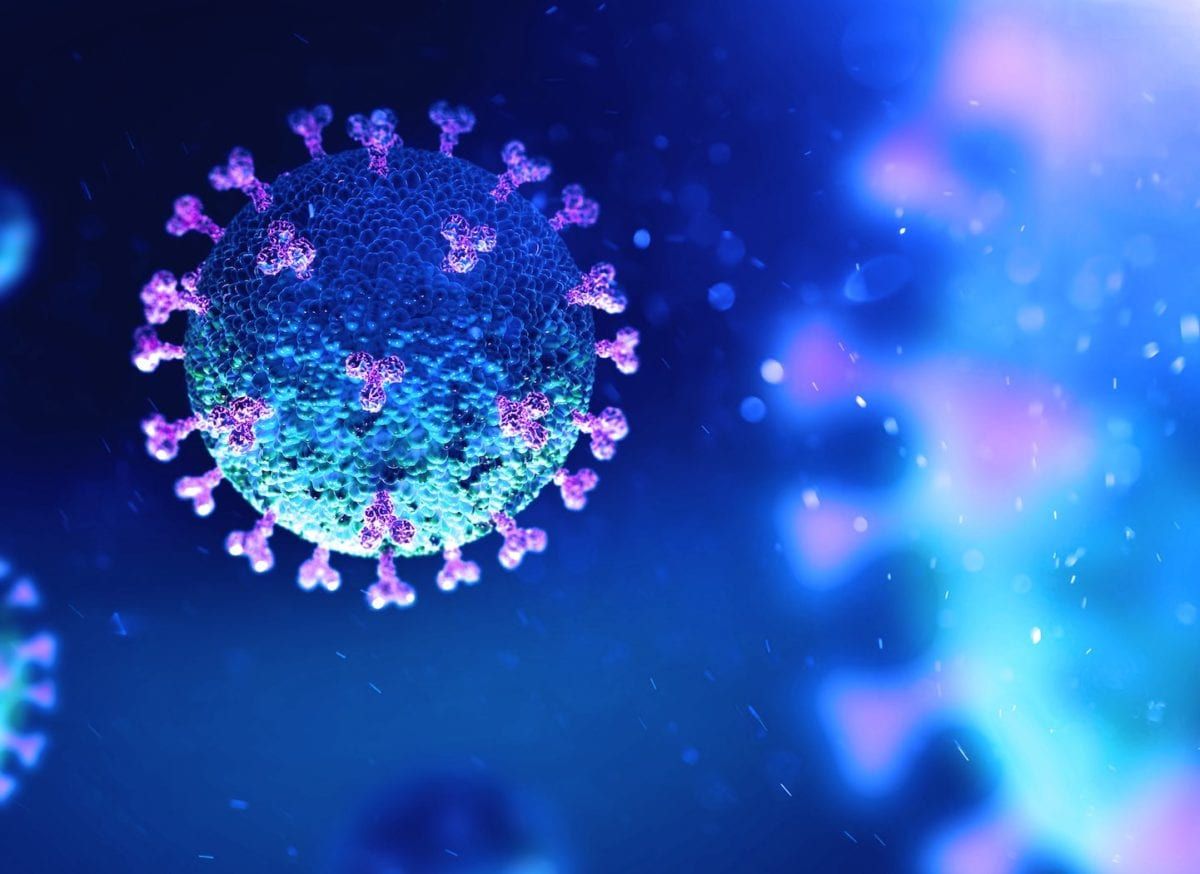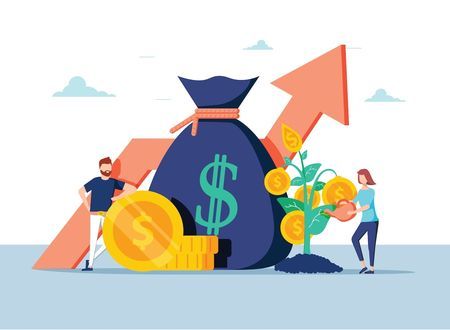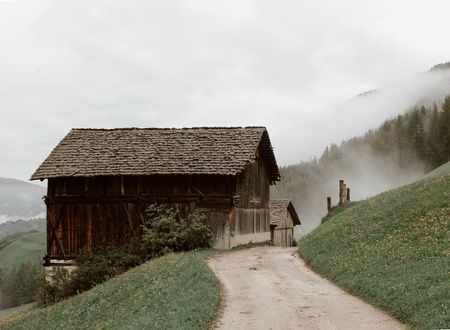COVID-19 is the black swan of 2020. Given its unprecedented spread and effect, it may be the black swan of the century. In case you are wondering what I mean by “black swan”, I encourage you to read The Black Swan: The Impact of the Highly Improbable by Nassim Nicholas Taleb. I read this book some three years ago and forgot all about it. 1 But, like all good books, it made a persuasive logical point: What we don’t know is far more important than what we do know.
Taleb’s black swan theory (derived from but different to the black swan problem) is a metaphor that describes an event that comes as a surprise, has a major effect, and is often inappropriately rationalized after the fact, with the benefit of hindsight. 2
In other words, the randomness in the universe is so compelling that almost all the major events that changed the course of history had been completely unpredictable just before their occurrence. And, often after the event passed, we came up with absurdly simple explanations, giving ourselves the benefit of hindsight.
The occurrence and spread of the coronavirus is one such event. It has caught the world off-guard and has thrust nations into utter chaos. Coronavirus has claimed thousands of victims and many times more remain sick. Millions of people are out of jobs and just as many small businesses are struggling to stay afloat. In fact, an event like this, of this magnitude, has probably never occurred in modern history. World wars, terrorism, the great depression, epidemics, Chernobyl — nothing comes close.
But, the panic we can do without, I feel. It is neither the remedy nor the cure for this pandemic.
We just have to take precautions and wait it out. We can’t afford to lose hope. As a race, we are extremely resilient. We have survived extinction and bigger catastrophes. We are not the strongest nor the biggest, we are not the most agile nor the most adaptable species by any stretch of the imagination, but we are blessed with enough intelligence, that for thousands of years, we have retained the top spot on the food chain.
Personally, I have not an iota of doubt that we’ll find a vaccine for COVID-19 in the near future. Truth be told, I wasn’t planning to write on Coronavirus today because I wasn’t sure if I had anything new or insightful to add to the ongoing worldwide discourse on the subject. More armed experts have already spoken a great deal about it. But, still, I scribbled a few words because I thought I must do my bit to keep “hope” alive. We can’t take the situation for granted, but at the same time, we must have faith in collective consciousness and the wisdom of the universe.
What COVID-19 has underscored is the fragility of human existence. We need peace, harmony and camaraderie more than ever before; compassion and empathy for our fellow beings and for mother nature. Ultimately, being kind will be worth it, for such is the basic nature of goodness. In the end, it’s always worth it. For no apparent reason that I can understand, I was just reminded of this TED talk by Benjamin Zander I heard a few years ago. 3 In his wonderful talk, he cites the story of a woman he met, an Auschwitz survivor. I quote:
I learned this from a woman who survived Auschwitz, one of the rare survivors. She went to Auschwitz when she was 15 years old. And her brother was eight, and the parents were lost. And she told me this, she said, “We were in the train going to Auschwitz, and I looked down and saw my brother’s shoes were missing.
I said, ‘Why are you so stupid, can’t you keep your things together for goodness’ sake?’” The way an elder sister might speak to a younger brother. Unfortunately, it was the last thing she ever said to him, because she never saw him again. He did not survive.
And so, when she came out of Auschwitz, she made a vow. She told me this. She said, “I walked out of Auschwitz into life and I made a vow. And the vow was, “I will never say anything that couldn’t stand as the last thing I ever say.” Now, can we do that? No. And we’ll make ourselves wrong and others wrong. But it is a possibility to live into. Thank you. Shining eyes. Shining eyes.
I remember feeling teary-eyed listening to this story. It was so powerful that it almost erased what I’d heard in Benjamin’s talk before this narration. Only this story remained etched in my mind. And while writing this post, I heard the talk again (to make sure I had my facts and quote right), and once again my eyes welled up. Have you ever given it a thought that we are on this planet for a very short period of time? A few decades. Just take a look at the zeroes below:
The age of the universe: 13,800,000,000 (13.8 billion years).
The age of our planet: 7,800,000,000 (7.8 billion years).
The average human lifespan: 72 years.
That’s 0.00000001% of the life of our beautiful planet. It’s infinitesimal. Even a blink takes way longer. Besides, for more than half of our allotted lifespan, we are living someone else’s life, we are trying to be somebody, and when we do kind of settle in, when the shoes stop hurting, we realize that half of our life is gone; that we have little time left with our loved ones, that there is no time to carry anger and hate in our hearts. It’s not worth it. Before we know it, we’ll have exhausted the remaining balance of our breaths — that moment when we will want to take just one more breath but nature will not give it to us.
Think about it. No, really, just think about it. Is it worth holding on to those emotions, conditioning and beliefs that limit our spiritual growth; those feelings that put a lid on your greatness? Now is the time to live fully, to express your love, to complete yourself and to live like you always wanted to. This is the time to realize yourself, for tomorrow may not bring in its bosom the same bounty. The luxury of this moment may not present itself again.
A 95-year old woman was ill and she was paid a visit by the parish priest.
“Confess and give up your vices,” the priest said.
“I don’t have any,” the lady spoke in a feeble voice.
“Denounce the devil!” he instructed.
“Already did that ages ago.”
“Forgive your enemies!”
“Reverend, I don’t have any.”
“Everyone has enemies.”
“I don’t.”
“That’s delusional,” the priest scoffed. “How can you say you don’t have any enemies? Someone must despise you, there must be someone who’s jealous of you.”
“Father,” she whispered, “they are all dead.”
None of what seems most important right now will even matter when the time comes. You may as well then make your present time beautiful and meaningful. Be gentle — with yourself and others.
Once again, in the words of that Auschwitz survivor, “I will never say anything that couldn’t stand as the last thing I ever say.” What a beautiful way to practice mindfulness of the speech. Imagine if we extended it to our actions and thoughts too. Such a person will become a beacon of hope and love for eternity.
Stay safe. Take care of yourselves and each other.
Peace.
Swami
Three weeks ago, Sadhvi Vrinda Om and I conducted a 2-day creative writing camp at the ashram where we held a flash fiction and a short story competition for the participants. Go here to see the winners and read their works. Drop a line in the comments if you wish to congratulate the winner(s) or have anything to say about today’s post.
Notes
A GOOD STORY
There were four members in a household. Everybody, Somebody, Anybody and Nobody. A bill was overdue. Everybody thought Somebody would do it. Anybody could have done it but Nobody did it.
Don't leave empty-handed, consider contributing.It's a good thing to do today.






Comments & Discussion
202 COMMENTS
Please login to read members' comments and participate in the discussion.